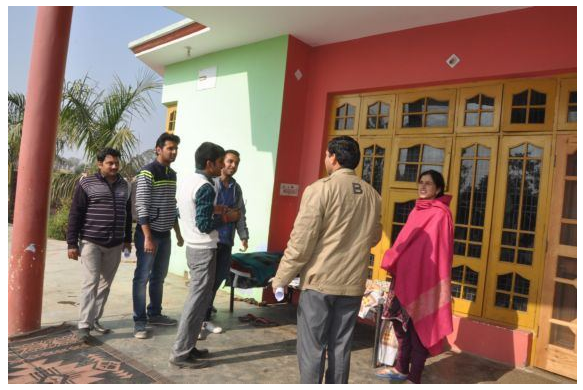
On April 23, J&K Chief Minister Mufti Mohammad Sayeed announced that the Indian Institute of Technology (IIT) Jammyu will commence classes from the July-August 2015 academic session. Until the land can be identified for the permanent campus of IIT Jammu, it will function temporarily out of the Government College of Engineering & Technology (CGET) campus at Marjali in Chak Bhalwal.
Sayeed emphasized that it was a matter of honour for the state of Jammu and Kashmir to be granted an IIT. With IIT functioning from GCET campus, the latter college will be shifted to a suitable alternative place where it can continue to function smoothly.
However, people are raising questions on the state government’s decision as the GCET does not have proper facilities and infrastructure required to run an IIT. Nearly 50% lecturers at GCET are employed on the ad hoc basis.
“Established in 1994, GCET was envisioned to be one of the premier technological colleges in India on the lines of Regional Engineering College, Srinagar. But even today, hundreds of students pursuing engineering from here lack access to most basic facilities and infrastructure. How will it be able to accommodate an IIT?”, asks Shivali Vaid – a student at GCET.
The J&K government made the announcement right after a Parliamentary Standing Committee related to the Union Human Resources Development Ministry questioned its inaction regarding Jammu IIT. The Centre had approved five new IITs in different states this year. Most of the states have already made provisions to start IITs in temporary campuses. According to the PSC, the J&K government had said that it had identified six sites for IIT campus but had not provided any further details about it.
In the Union Budget 2014-15, Rs 500 crore had been provided for establishment of the new IITs at Jammu, Andhra Pradesh, Chhattisgarh, Goa and Kerala. To start with, each of the new IITs will have 100 engineering seats. There are 16 IITs functional right now with 10,000 seats in all. When these new IITs will become functional, the number of IIT seats will go up to 10,500.